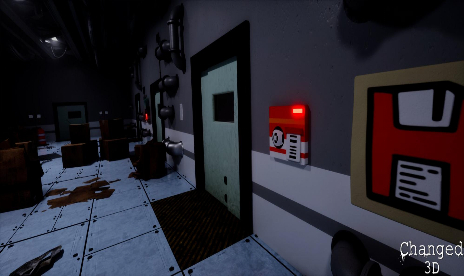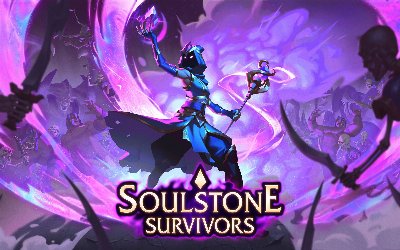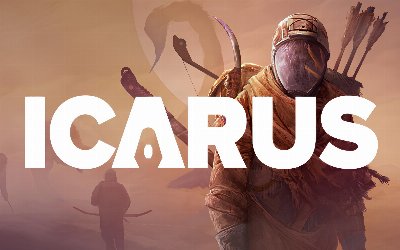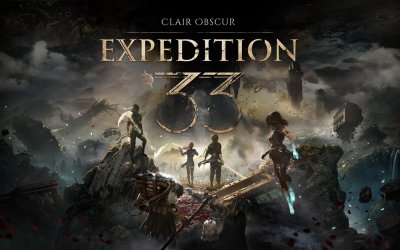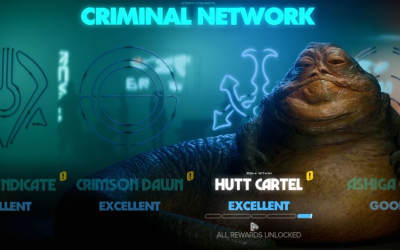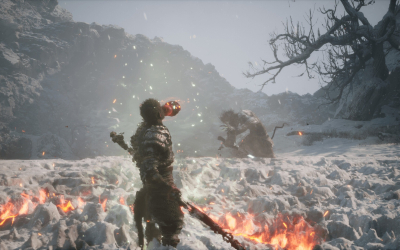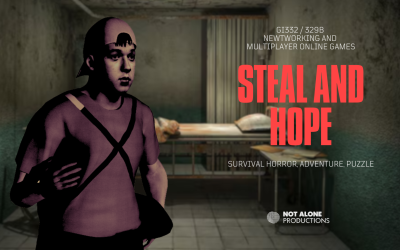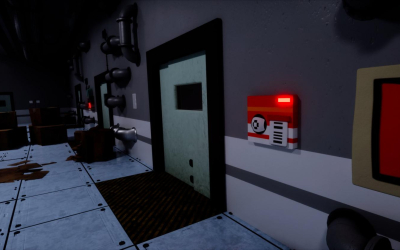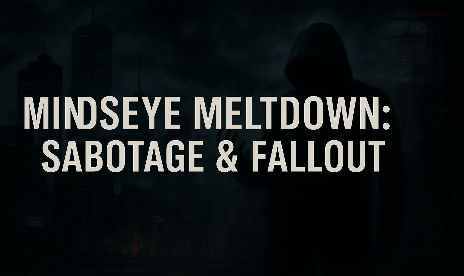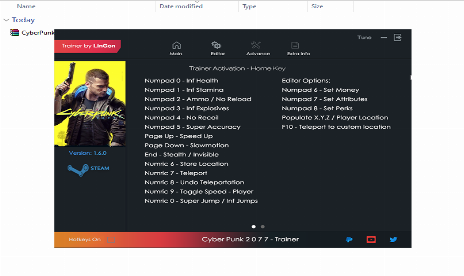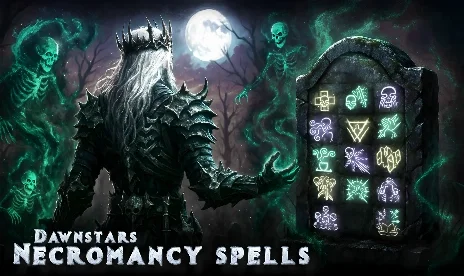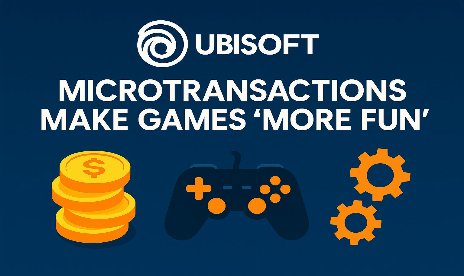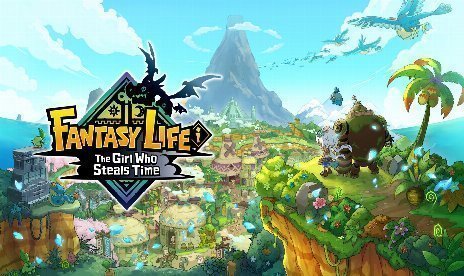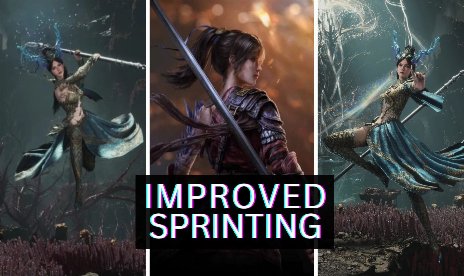Online Gameplay Gets its Own Conference

Massively Multiplayer Online Games, (MMOG) and Wireless Games will get their own conference this years, as the First Annual Austin Game Conference, will focus on those aspects of the industry.
The Austin Game Conference, taking place September 11-12, 2003, at the Austin Convention Center, is the only event focused solely on the hottest, high-growth segments in the USD 11 billion global computer and video game market: Massively Multiplayer Online Games (MMOG), Mobile and Wireless Games. The event will draw participants from around the world.
In today's market, top online games are able to generate revenue in excess of USD 100 million each. This figure should only grow as consumer usage of online and mobile games is likely to increase dramatically over the next several years, according to David Cole, president of DFC Intelligence.
Austin Game Conference attendees will hear from industry veterans and luminaries in a program offering 65 speakers in 48 sessions and 6 tracks. The event brings together developers, technologists and business leaders to inform and educate game industry professionals on next-generation technologies and strategies for emerging products and platforms. The event will also feature a Technology Pavilion showcasing the latest tools, technologies, products and services, plus LivePitch — an exclusive opportunity for independent developers to demo their games to leading publishers and a Machinima Theater showing examples of the convergence of filmmaking, animation and game development.
The Conference is the inaugural event organized by the Austin Game Initiative and features keynote presenters Mark Jacobs, chief executive officer and president of Mythic Entertainment, and Raph Koster, Chief Creative Officer of Sony Online Entertainment (SOE).
The speakers represent companies with real experience and solid track records of success in Online and Mobile gaming, including Sony Online Entertainment, NCSoft, Origin Systems, Electronic Arts, Atari, Castle Hill Studios, GameSpy, Mutable Realms, Mythic Entertainment, Metrowerks, Online Alchemy, Softbank Corporation, Turbine, Ubisoft, Wolfpack Studios, Nokia, Qualcomm, Sun Microsystems, Sorrent, Mforma, Centerscore, Nuvo Studios, Cybiko Wireless, Fathammer, Micro Forte and many others.
Session highlights include:
— 10 things to avoid when making an MMOG
— Show Me The (Online) Money
— Minimum Feature Set: What An MMOG Must Have To Compete
— Massively Multiplayer Games on a Shoestring Budget
— How To Start, Survive And Succeed As A Wireless Game Developer
— 1001 Platforms: What Should A Developer Support?
— Game Design For The Small Screen
— Developing Multiplayer Games For Wireless Devices
— Development Tips And Tricks For Wireless Games
— 3D For Wireless Devices: Today And Tomorrow
Our goal with the Austin Game Conference is to deliver detailed insight from hand-picked, experienced practitioners on the latest development techniques and business opportunities in highest-growth areas of the games industry, said Christopher V. Sherman, Executive Director of the Austin Game Conference.
Details of how to register for the event are available at the official conference web site which can be found by following the download tab.
Sponsors include Nokia, VxO Networks, Micro Forte, Bigworld Technology, Beyond Beyond, BroadQ, Criterion Software, GameSpy, Metrowerks, Nvidia, RLX, Superscape, Critical Mass Interactive, Sammy Studios, Business Wire, Aladdin, AustinXL, Incan Monkey God, Visual Innovations and Zona.
About the Austin Game Initiative
The Austin Game Conference is produced by the Austin Game Initiative (AGI). The AGI is chartered with the growth of the computer and video game industry in Austin, Texas, thereby increasing its overall contribution to the economic development of the region. Austin is the # 3 location in the U.S. for game development with more than 50 companies making major contributions to the game industry, including game development, publishing, tools and middleware and chips and hardware. Industry leaders in the area include more than 35 game studios producing both top hit franchises and original titles. Nintendo, Microsoft, Motorola, Dell, Electronic Arts, Criterion Software, Sony Online Entertainment and dozens of others maintain offices in the region. The AGI is dedicated to serving the needs of companies involved in producing interactive entertainment software and hardware for video game consoles, handheld devices, personal computers and the Internet.


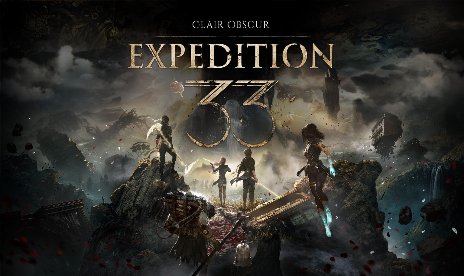
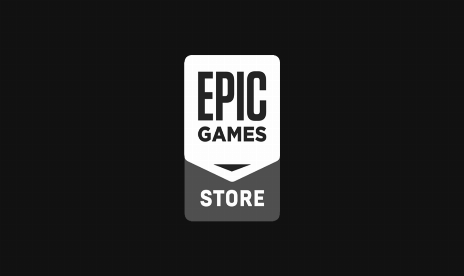
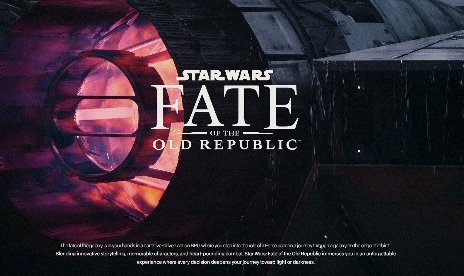
![Soulstone Survivors v1.0-v1.4+ (+26 Trainer) [FLiNG]](https://9588947a.delivery.rocketcdn.me/wp-content/uploads/2025/12/Soulstone-Survivors-01-464x276.jpg)

![Icarus v1.1.0-v2.3.20+ (+27 Trainer) [FLiNG]](https://9588947a.delivery.rocketcdn.me/wp-content/uploads/2025/12/Icarus-01-464x276.jpg)





